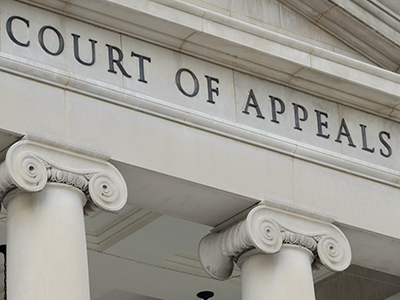Last week, a divided panel of the U.S. Court of Appeals for the Fifth Circuit struck down the U.S. Department of Labor’s (“DOL”) “Fiduciary Rule,” a controversial measure that redefined exemptions to Employee Retirement Income Security Act of 1974 (“ERISA”) provisions concerning fiduciaries. The DOL’s rule, promulgated in April 2016, consisted of a package of seven interrelated rules, and it sparked controversy by redefining how brokers and other financial professionals serve consumers. First, the Fiduciary Rule reinterpreted the ERISA term “investment advice fiduciary,” heightening the fiduciary duty for these financial professionals to a “best interest” standard for their clients with ERISA plans and individual retirement accounts (“IRAs”). This “best interest” standard marked a significant departure from the prior standard for brokers, which required them to recommend investments that were merely “suitable” for their clients. Second, the Fiduciary Rule created a “Best Interest Contract Exemption,” which allowed financial professionals to avoid prohibited transactions penalties as long as they contractually affirmed their fiduciary status. READ MORE
Fifth Circuit Vacates Department of Labor’s Fiduciary Rule



